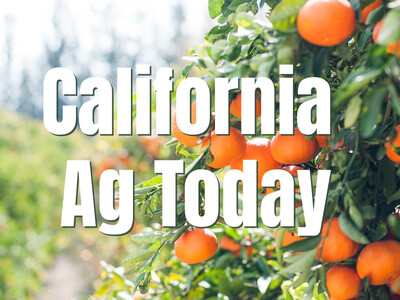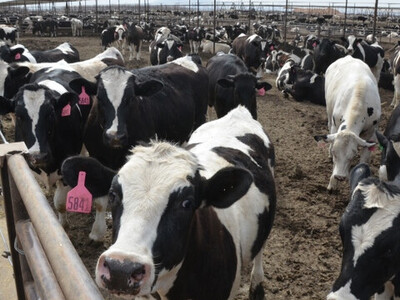RFS Waiver
RFS Waiver. I’m Greg Martin with today’s Line On Agriculture.
The Obama Administration must decide by November 13th - one week after Election Day - whether to grant a waiver of the Renewable Fuel Standard. But the law - not politics - will likely be key. Both President Obama and Republican challenger Mitt Romney back the RFS - and National Corn Growers Association Vice President of Public Policy Jon Doggett says it has not become a campaign issue.
DOGGETT: Both campaigns have indicated strong support for biofuels. Especially ethanol and corn ethanol so we’ve not heard that happening yet and with just over 2 weeks left to go I would be kind of surprised that we saw this become much of an issue.
Doggett says the real issue before EPA is whether the RFS violates a standard set in 2007.
DOGGETT: The 2007 energy bill certainly sets a very high standard by which the EPA administrator would be able to waive the RFS in whole or in part. And that standard is that the implementation of the renewable fuels standard severely and negatively impacts the economy of the United States.
Not the economy of individual sectors - like the livestock sector charging the RFS is driving up the price of feed - but the economy as a whole - helped by ethanol jobs and its lower price. Doggett says it’s a standard his group doesn’t think the petitioners - including several governors - have met.
DOGGETT: The discussion can’t revolve around whether the price of corn is too high or too low. That’s not the question. The question is what kind of economic impact does it make to the entire economy.
Doggett still sees ethanol’s foes in Congress continuing their push next year for bills to dismantle the RFS. But perhaps the bigger issue is demand for ethanol - when demand for gasoline is falling in a slowing economy with higher vehicle fuel efficiency. Doggett agrees the so-called blend wall - or conflict between the RFS - 15-billion gallons by 2015 and 36-billion by 2022 - and a shrinking gasoline pool must be dealt with.
DOGGETT: There’s the technology out there and the infrastructure as far as the pump systems - the technology there to use higher blend rates in the existing car fleet. All of those are issues that need to be resolved. Clearly there is quite a bit of support to use higher blends of ethanol in the motor fuels supply.
That’s today’s Line On Agriculture. I’m Greg Martin on the Ag Information Network.


















